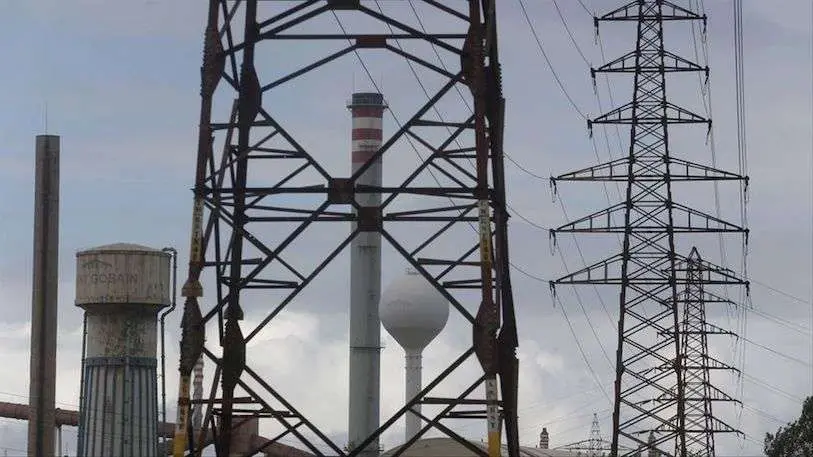Intervening the price of gas

Gas price intervention will prevent the general rise in prices, including electricity. It is the price of gas, and not the price of electricity, that has become more expensive in Europe, as shown by the profits of oil and gas companies, and not of electricity companies, generating a domino effect on the general price level.
It is precisely the gas price intervention proposed by the European Commission for electricity production that will save Europe 400 billion euros.
Capping the price of this raw material for power generation is the temporary solution to a broken market.
The European Commission yesterday adopted the Communication that includes the tools (toolbox) that can be used by member countries to deal with escalating energy prices in exceptional circumstances.
The current price crisis justifies the adoption of additional measures, such as increasing renewable energy production, diversification of supply and demand reduction, with a view to independence from Russian gas by 2030.
But, in addition, the European Commission is committed to propose in the coming weeks emergency measures to limit the contagion of the effect of gas prices on electricity prices, such as the establishment of temporary price caps on gas prices.
Limiting the price of gas in electricity generation -which consumes approximately 10% of total gas-, would have a direct impact on the wholesale market, which is currently setting prices above 500 euros MWh. Taking into account a gas cost limit of €80 - Ukraine's pre-war prices - the wholesale electricity market price could be around €180, which means a lowering of the pool market by more than €300.
But this in turn has a direct impact on the rest of the energy sector, since 37% of electricity comes from fossil fuels. This gas price ceiling - temporary, Europe-wide and linked to a specific crisis situation - could lead to total savings in the European Union of 400 billion euros, according to analysts.
Economists believe that, in the current broken market environment, this solution could save the European economies from the biggest crisis in recent decades.
However, other measures to help gas-intensive consumers should not be ruled out in order to mitigate the problem of the continuous increases in this raw material and its consequences before industrial stoppages become irreversible.
According to them, gas and oil companies have increased their margins, obtaining extraordinary profits, to the detriment of electricity companies and the rest of European consumers.
Last autumn, the government mistakenly blamed the electricity companies and had to rectify the situation. Once again, it is the price of gas, the result of the Ukrainian war, which is the main culprit that the European Commission itself now wants to intervene.
For this reason, given the asphyxiation that the increase in the price of gas is causing to the electricity companies, sources in the electricity sector see with good eyes the intervention in the price of gas, as recommended by the European Commission, to avoid the enormous damage that is occurring in the economy in general, in the electricity companies and in other related companies.
Brent and Texas WTI barrel futures have soared since the outbreak of the conflict to touch approximately $130/bbl (+30%).
The impact on gas futures has been even greater, with a benchmark price has increased by +127% since the start of the conflict.
Goldman analysts believe that the overall impact of the situation will benefit companies in the O&G (oil and gas) sector with higher cash flows and profits.
In the case of Repsol, for example, in just 2 weeks Goldman Sachs analysts have forecast 2022 EPS to be 14% higher than it would have been before the conflict. For Total, it would be 28% higher and for Eni 21%, for example. This means that Goldman has set a stock market target price for Repsol, for example, that is 50% higher than the current price.
Meanwhile, however, electricity companies are reducing their profits because the price of input (gas) is increasing and most of their sales are under fixed contracts.
The only ones that have 'windfall profits' are the oil and gas companies, the electricity companies suffer cuts in margins.
